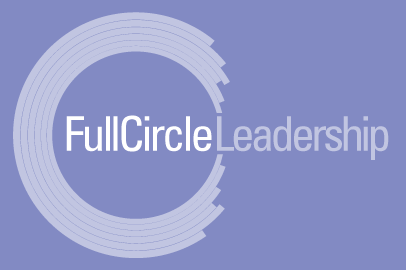Pandemic Solidarity
Pandemic Solidarity
By Louise Renshaw
18 months ago, on a single spring Friday afternoon, we found out that our twelve-year-old son had been 1) shop lifting from the local CVS every day after school; 2) drinking wine from an open bottle in our fridge; 3) ordering video game items using our credit account—and without our permission; 4) getting into bloody, physical fights with his friends. When we confronted our son about his behavior, he ran up to his attic bedroom, and climbed from his window onto the roof. The roof was covered in large ceramic Spanish tiles, 50 feet from the ground, upon which he teetered, sobbing and screaming, while threatening to jump.
Mercifully, we made it through the remaining weekend in one piece, with the help of several of the mental health crisis centers in Pittsburgh, as well as one-on-one coaching from Mary Dalton. Though we were in Pittsburgh, and Dalton was based in Seattle, we had just started working with her using a video chat app, after she had helped my Seattle-based sister through some similar challenges with her own teenager.
Once the sense of impending crisis had lifted I turned to social media to get recommendations for Pittsburgh-based parenting groups that I could join. I got lots of virtual hugs and lots of friends who wrote “call me.” But I was in search of critical mass and solidarity—a community of like-minded parents who could help our family—and whom we could in turn support. Nothing like this was available, I discovered, in my zip code.
Fast forward to March of 2020 when the pandemic hit. Already life with my son was much improved, but, interestingly, the pandemic opened up the possibility for the kind of parenting group that I had been seeking.

For the last 6 months I have attended near weekly meetings of the “Parenting in the Time of Relentless Parenting,” led by Mary Dalton and her son Christopher Fontana. A group of two dozen parents, from Seattle, to Colorado, to Texas and Pittsburgh, begins the meeting each week by discussing a few assigned chapters from the classic parenting text, Children the Challenge, and then Mary Dalton performs a “family demonstration”—an intensive intervention, using one family per week, during which the parents testify to the most difficult child behaviors they are facing, and Dalton offers a set of challenging suggestions for behavior modification—not for the children, but for the parents.
Since the spring I have come to know more about Harrison, a four-year-old who dumped sand and sprayed Lysol onto his mother’s bedroom carpet while she was teaching elementary school in the next room; Allison, a six-year-old who covered her feet in lipstick and traipsed around—but only after dumping all the shelved books in the house upon the floor; and the four Johnston children, who constantly torment their mom, their new baby brother, and their stay-at-home dad with their noisy brawling.
Here, on planet Zoom, I have found the camaraderie and support I was seeking during that chaotic spring of 2019. Every week a different family shares a new problem. Every week a different family testifies about new successes. As part of our practice we regularly thank each other for the vulnerability required to share our difficult stories. In these difficult times, as we face a global pandemic, mounting domestic inequality, existential climate change, a racial reckoning, and constant political churn, I am so grateful that the pandemic has delivered us the opportunity for solidarity and community around the most difficult thing I’ve ever done: become a parent.
